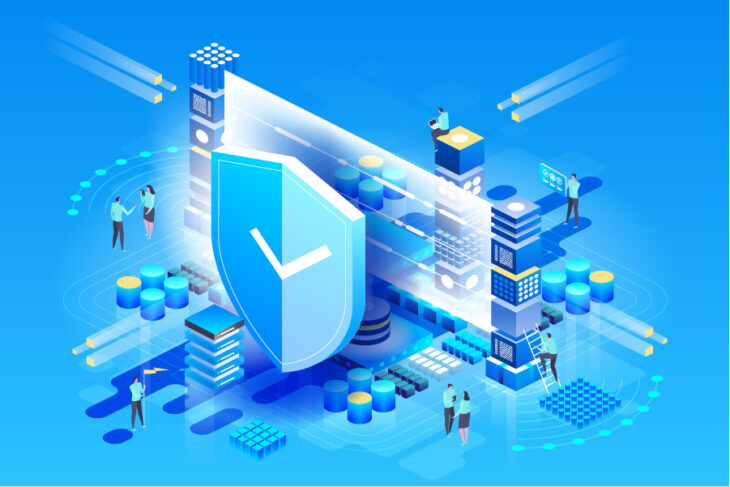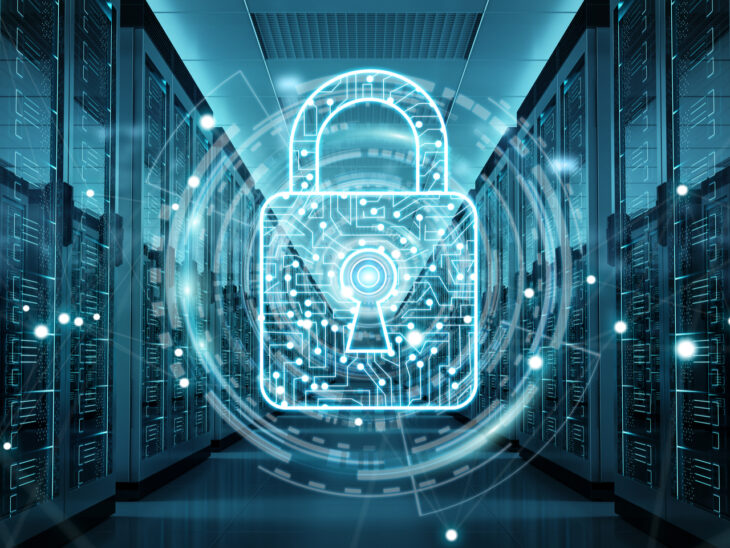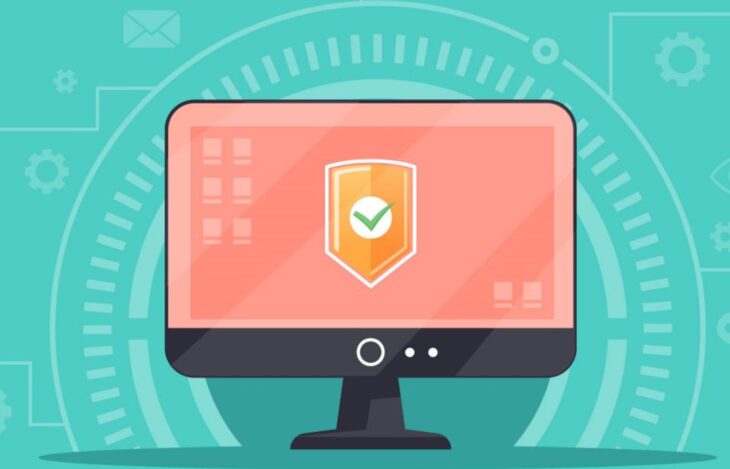Our modern world is filled with technology, and it’s developing day by day. Our devices are becoming smarter, more powerful, and easier to use. However, even with the latest advancements in technology, we still need to be aware of how we can protect our devices.
In fact, as we rely more on technology, it is arguably even more important to keep our devices safe from cybercriminals. Thus, you must understand the importance of using proper cyber security tools.
One cyber security tool that is often misunderstood by many people is a firewall. Although it is a great tool to keep your devices safe, a firewall by itself is not enough to keep your devices safe. According to VPNoverview, it’s important to know what a firewall is and what it does before you decide whether your device truly needs one.

Source: backbox.com
Contents
What is a Firewall?
Understanding what a firewall is before you install it on your device is important. If you know what a firewall is doing to keep your device safe then you can fully understand where your device lacks security and what can be done to improve it even further.
In short, a firewall is a hardware or software that is used to prevent unauthorized access to your computer network. Firewalls can be used by both individuals and large companies to filter incoming and outgoing data on your computer over the Internet.
A firewall is a cybersecurity tool that blocks incoming packets from an external source. What this means is that the firewall will monitor all your internet traffic and if something comes in from an unknown or suspicious source it will be blocked from entering your device.
This is helpful when it comes to browsing the internet as any malicious software will be blocked from being installed on your device. Firewalls have a pre-established set of ‘rules’ that they use to determine whether a packet should be blocked or not. All your internet traffic is filtered before it reaches your device.
A great way to get a better understanding of how a firewall works is by using a house as an example. Your IP address (a unique number that identifies your device on the internet) is the house. The rooms within the house are ‘ports’ (the entryways into your computer). The internet traffic is represented by the owners, guests, and children. Only trusted people (traffic from trusted online sources) are allowed to enter the house. The internet traffic is then filtered even further inside the house, as people are only allowed to enter certain rooms within the house depending on whether they are owners, children, or guests. The owner is allowed to enter any room (any port) whereas guests and children are only allowed to enter specific rooms (specific ports).
This means that any internet traffic that enters your device is carefully filtered to ensure that it goes exactly where it is meant to be, which prevents cyber attacks. In other words, internet traffic from an unknown source is cut off at the entry point (port) of your computer.

Source: pandasecurity.com
The Downside of a Firewall
You might be thinking that a firewall is ideal because it prevents a cyber attack before it reaches your device. While that is true, there is one downside to a firewall that you must consider.
A firewall is only able to stop incoming packets. If malicious software is installed on your device from another source, the firewall can do nothing to stop it. For example, malware can be installed on your device from external hard drives, CDs, or even USB flash drives. This leaves an opportunity for cyber attacks to go ahead even if a firewall is installed on your device.
Why Antivirus Software is Better
If you want to keep your device protected you should consider installing premium antivirus software on your device. Antivirus software is able to constantly scan your device for any malicious software.
If any malware has been detected on your device, the antivirus software can take action to remove it from your device. Furthermore, antivirus software can warn you if you are on a suspicious website that could pose a risk to your device’s security.
One important factor to consider with antivirus software is that it requires regular updates. Software updates are often sent out to fix any flaws that have been picked up in the antivirus software. These flaws could be exploited by cybercriminals, and fixing them as soon as possible is crucial. Software updates also add extra security features to antivirus software which helps it to protect your device against new strategies that have been developed by cybercriminals to bypass the antivirus software.

Source: SmallBusinessTrends.com
Can You Use Both Firewall and Antivirus?
If you want maximum security for your device you should consider using both a firewall and premium antivirus software on your device. When used in conjunction with one another, these cyber security tools can work together to prevent cyber attacks. The firewall will prevent any incoming packets from unknown or suspicious sources while the antivirus software will constantly scan your device for suspicious software or activity.
How can the user ensure safety protection by its influence?
Security of user data and preservation of identity is an activity that requires human awareness but also the use of technological solutions.
One method of protection is to turn off all functions on computers that are not used (Bluetooth, Wi-Fi, data traffic, GPS location) and not use public networks (especially on unprotected, public Wi-Fi networks whose access does not require a password). Passwords for user access, as well as for Wi-Fi networks, need to be changed periodically.

Source: Medium.com
Final thoughts
One of the biggest problems today is internet security. New malware is being developed day by day to access sensitive information. For this reason, it is important to focus on the security of your own network.
One of the biggest problems today is internet security. New malware is being developed day by day to access sensitive information. For this reason, it is important to focus on the security of your own network.
So, we will not be mistaken if we say that Firewall has the role of a filter because its task is to reject all packets and messages coming from the external network and which are addressed to an IP address of the local network. It can also reject messages based on the sender’s IP address, thus preventing the external entity from communicating with hosts on the local network.
